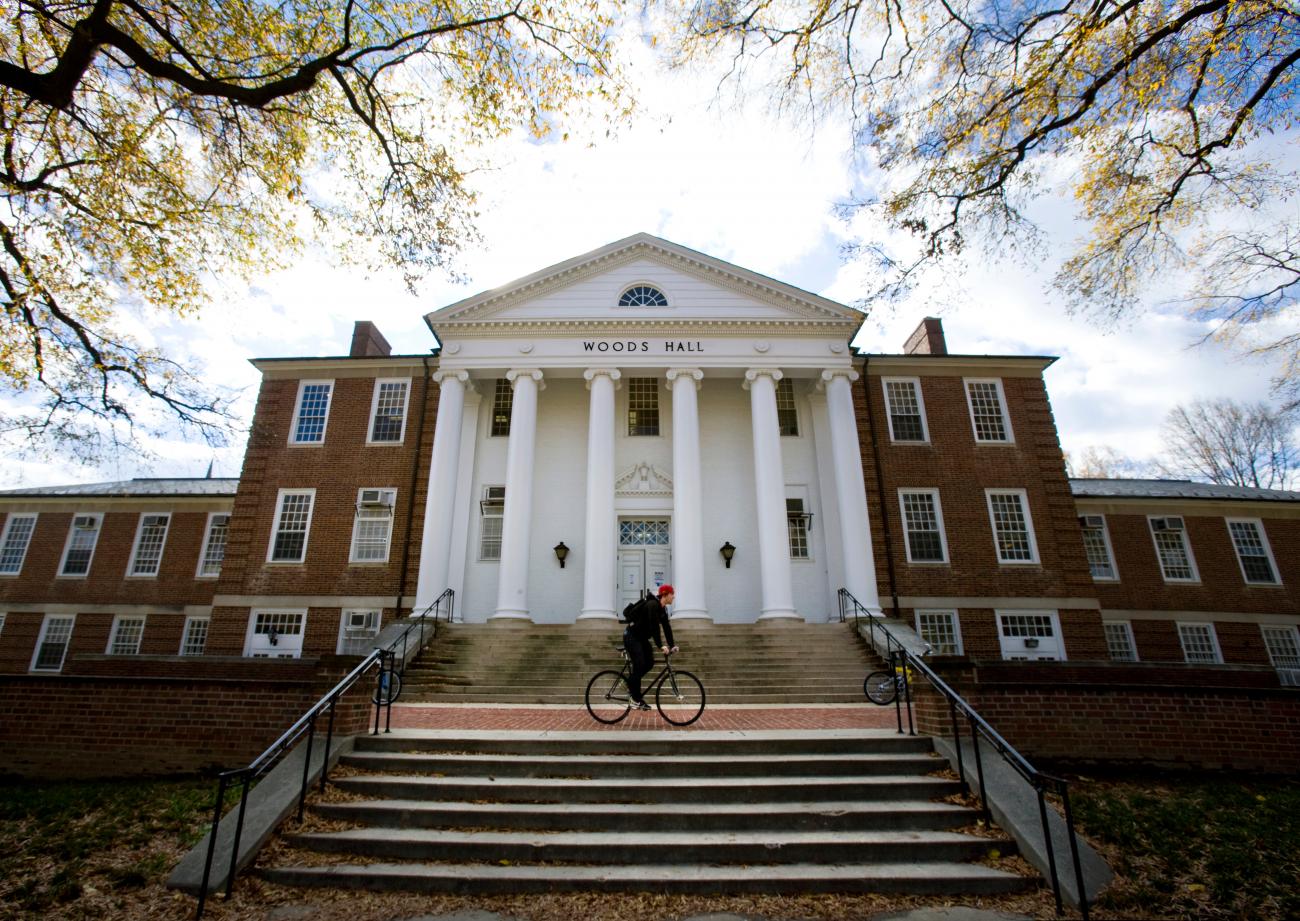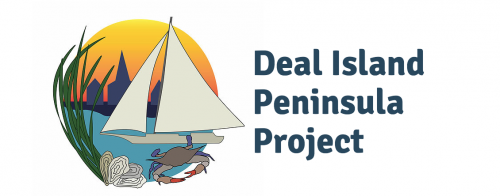The University of Maryland and the Chesapeake Bay National Estuarine Research Reserve in Maryland (CBNERR-MD) have partnered with the Deal Island Peninsula communities, governmental and non-governmental organizations at local, state, and regional levels, decision-makers, managers, and scientists to increase resilience of coastal environments and communities in the face of coastal flooding, erosion, and other changes.
The peninsula is subject to a number of current and potential threats, including storms, erosion, and rising sea level, which pose dramatic consequences for coastal ecosystems and local communities. The communities and natural resources of the Deal Island Peninsula are vulnerable to the impact of environmental changes on coastal marshes. The project aims to work with a wide diversity of stakeholders developing restoration and adaptation approaches to increase the resilience of habitats and communities on the peninsula.
Why collaborative learning?
Efforts to reduce vulnerabilities to storms, sea-level rise, and associated threats often involve multiple stakeholders with divergent positions on causes, consequences, and policy/program actions. Collaborative learning is an approach and set of methods that help environmental stakeholders who are in conflict move from an emphasis on conflict and differences to a focus on learning about each other, finding commonalities, accepting differences, and developing future collective efforts. Collaborative learning has been used by the Deal Island Peninsula Project to help bring together about 50 stakeholders from local communities, county and state agencies, academic institutions, non-governmental groups, and federal organizations.
Researchers from UMD
Sarah Hartge – Graduate Student (MAA)
Moriah James – Undergraduate Student
Katherine (Jo) Johnson – Post-Doctoral Associate
Michael Paolisso – Professor
Liz Van Dolah – Graduate Student (PhD)
For more information, visit: http://www.dealislandpeninsulaproject.org/



